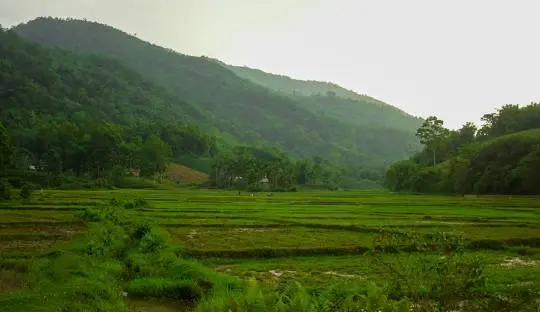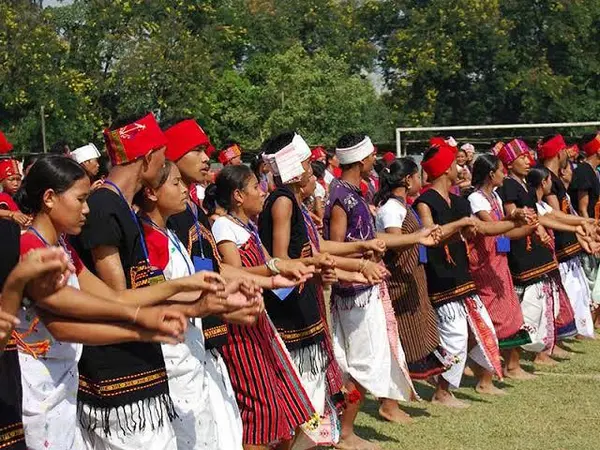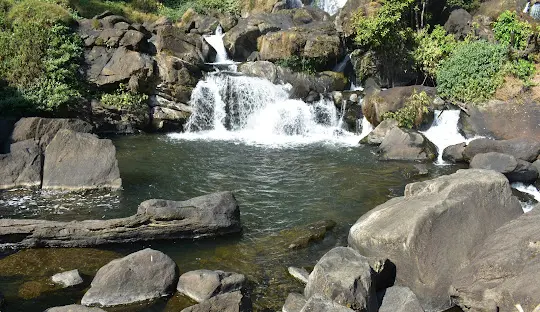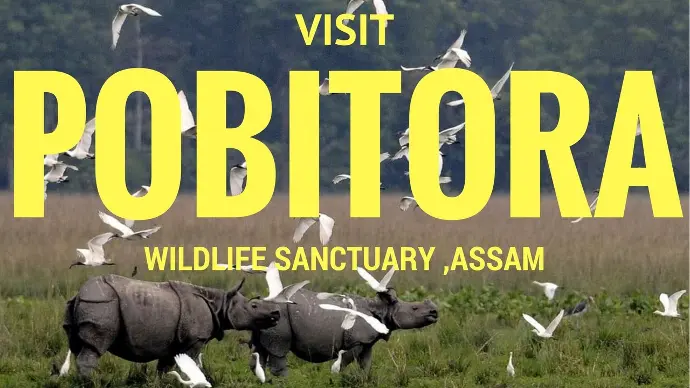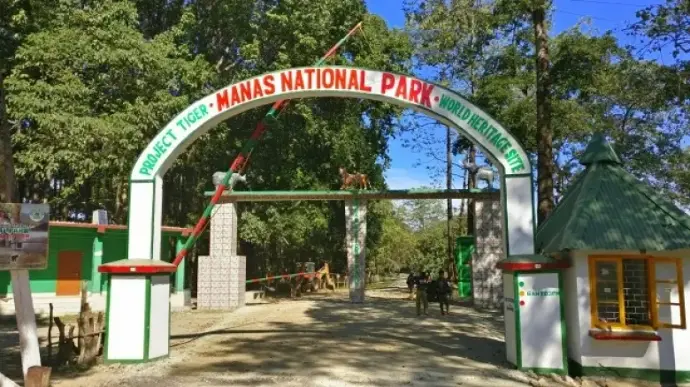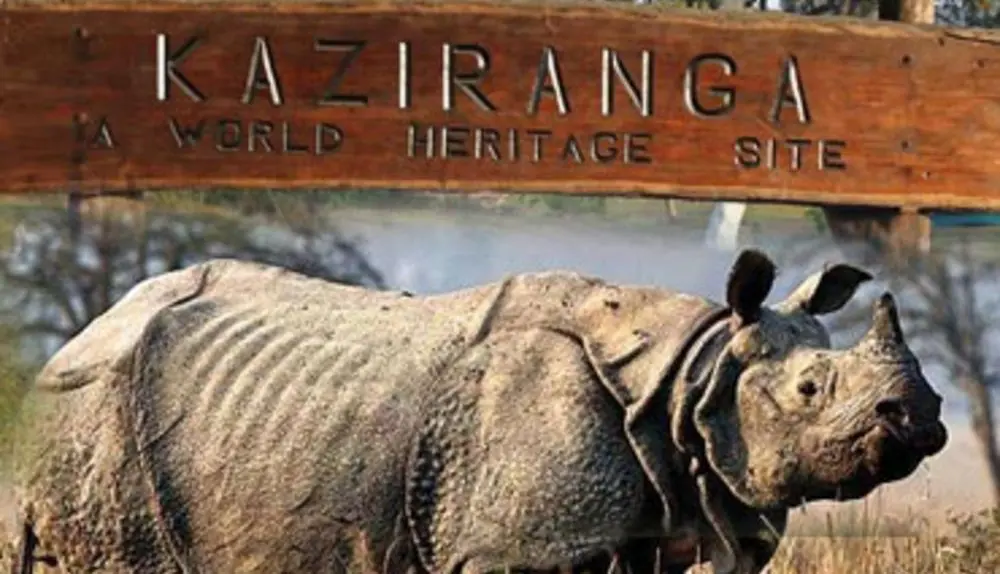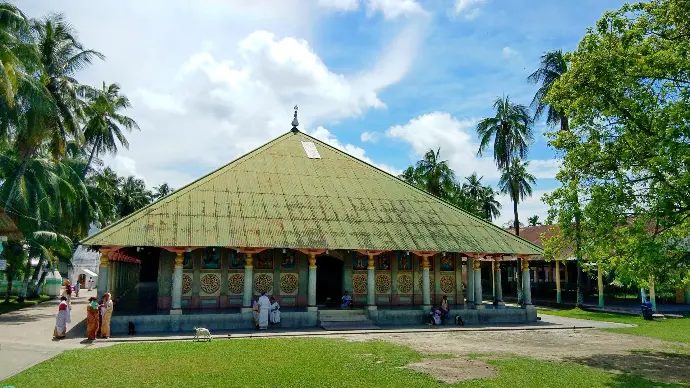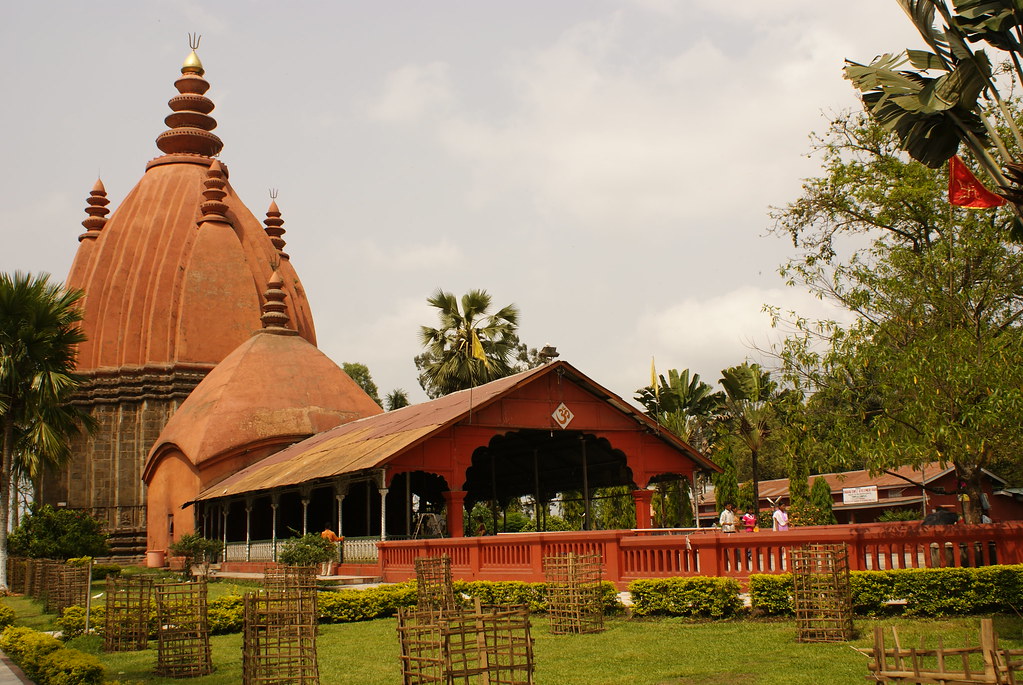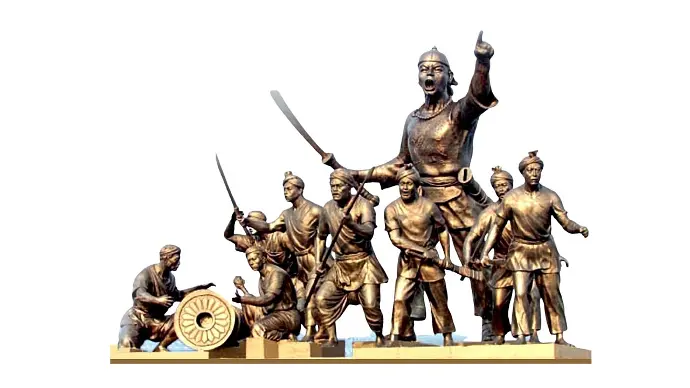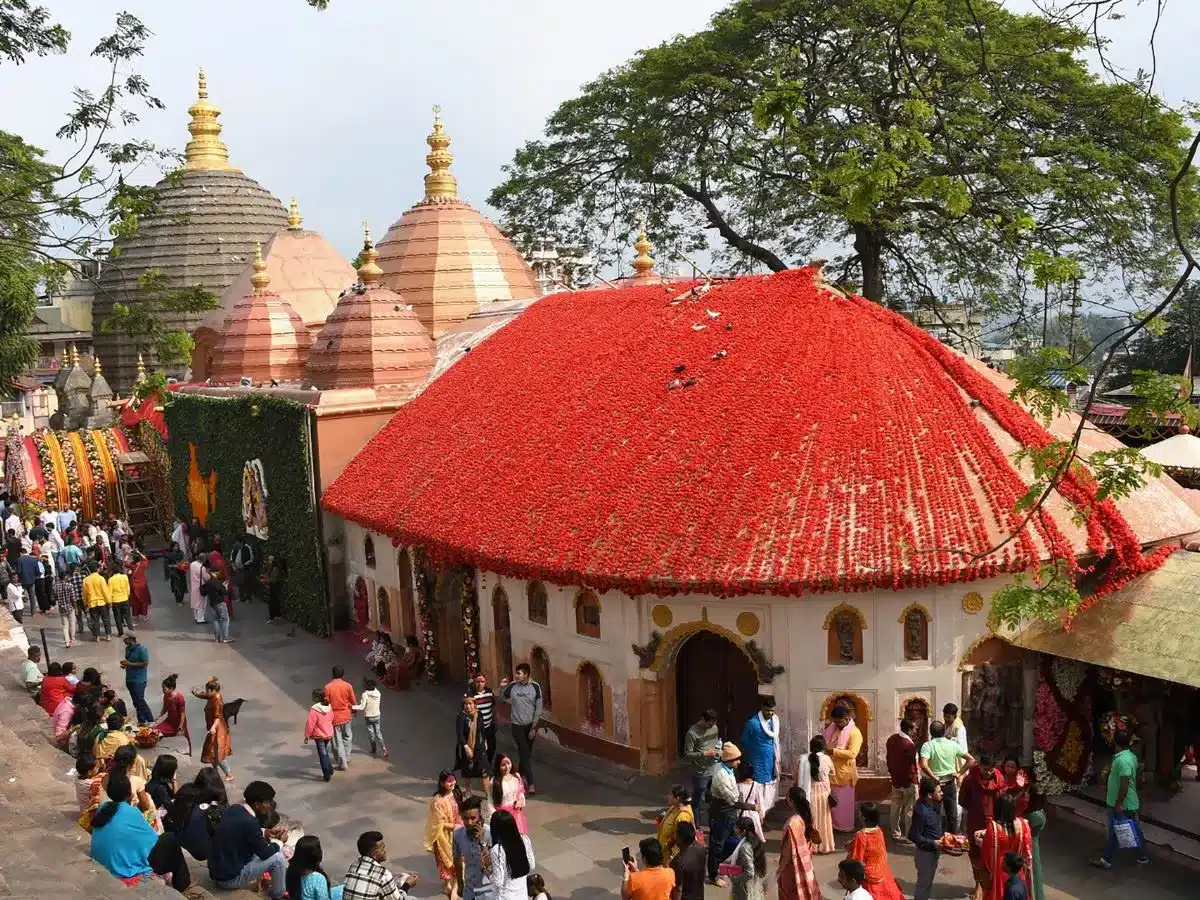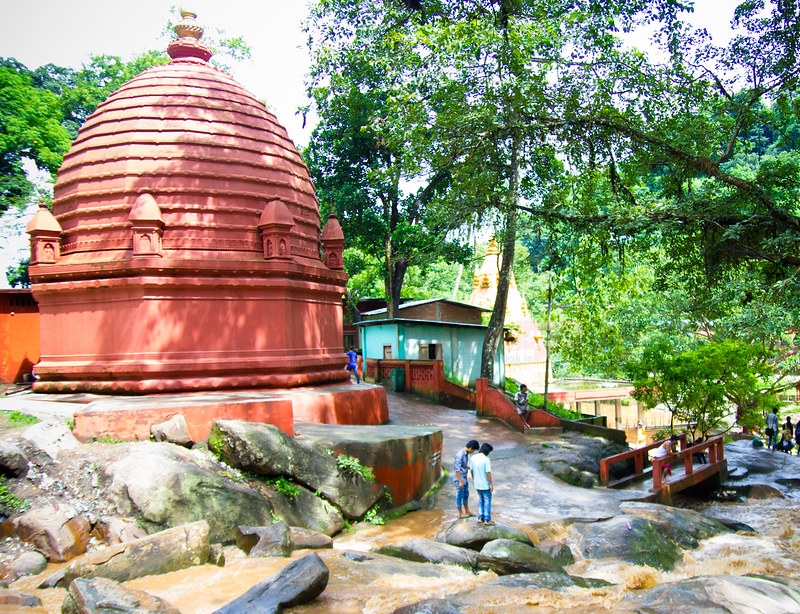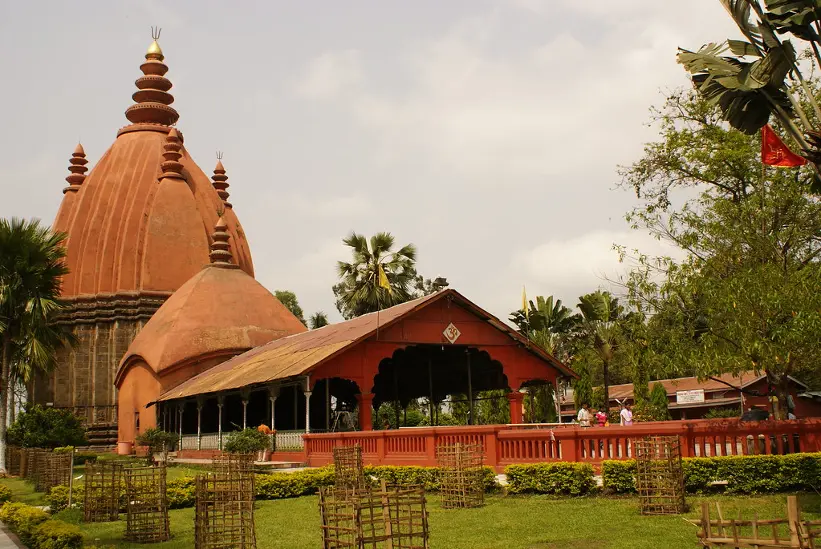Karbi Anglong: The Karbi Tribe of Assam
Nestled in the heart of Assam, Karbi Anglong is a district rich in culture, history, and natural beauty. The district is named after the Karbi tribe, an indigenous ethnic group that forms the majority of its population. Known for their vibrant traditions, unique customs, and deep connection with nature, the Karbis are one of Assam’s most significant tribal communities. This blog explores the fascinating world of the Karbi tribe and the enchanting landscape of Karbi Anglong.
The Origins and History of the Karbi Tribe
The Karbi tribe is believed to be one of the earliest inhabitants of Assam. They trace their roots to the Tibeto-Burman linguistic family, with their ancestors having migrated from the surrounding regions of Tibet and Myanmar. Over centuries, the Karbis settled in the hills of Assam, where they developed a unique culture and way of life.
Karbi Anglong, which translates to "The Hills of the Karbis," became the homeland for the tribe. Historically, the region has been known for its lush forests, rolling hills, and fertile land, making it an ideal place for the Karbis to establish their communities. The tribe has a rich oral history, with many legends and folklore passed down through generations, preserving their heritage and cultural identity.
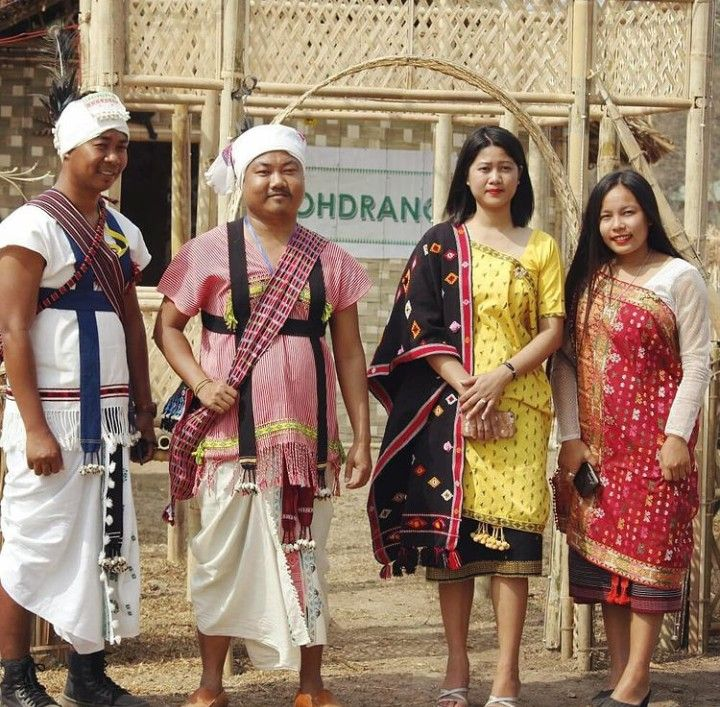
Culture and Traditions of the Karbis
The Karbi tribe has a vibrant cultural heritage that is reflected in their customs, festivals, and daily life. They have a distinct language, Karbi, which is spoken by most members of the tribe. The Karbi language is an essential part of their identity, though many Karbis are also fluent in Assamese and other local languages.
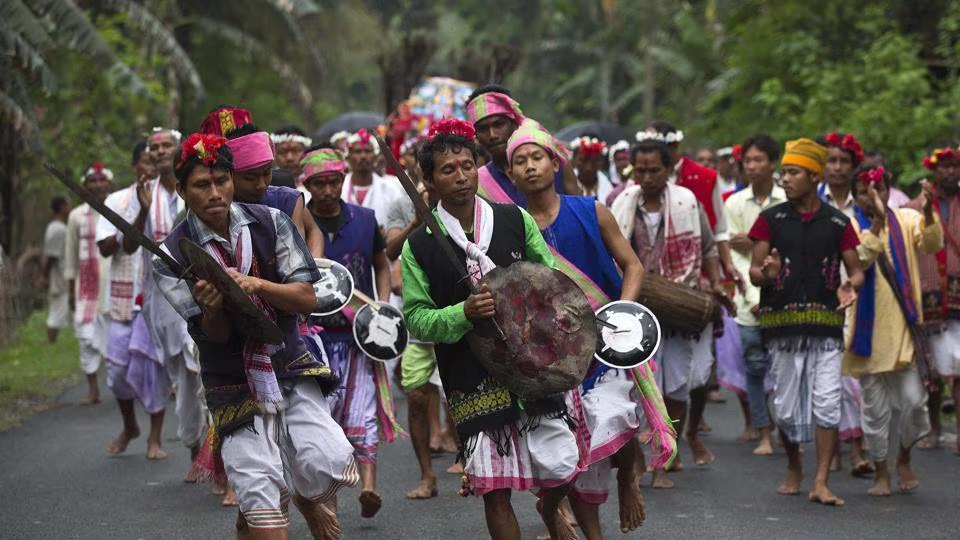
Festivals and Celebrations
One of the most significant festivals celebrated by the Karbis is Rongker, a traditional festival held to appease the gods and ensure a bountiful harvest. During Rongker, the community gathers to perform rituals, offer prayers, and celebrate with traditional music and dance. Another important festival is Chojun, which is marked by elaborate ceremonies and feasting, symbolizing the unity and harmony of the Karbi people.
Traditional Attire and Ornaments
The traditional attire of the Karbis is simple yet colorful. Men typically wear a piece of cloth called 'poho' around their waist and a turban known as 'vangpong' on their heads. Women wear a sarong-like garment called 'pe', paired with a blouse known as 'pini'. Both men and women adorn themselves with traditional jewelry, often made from beads and metals, which hold cultural significance.
Art and Handicrafts
The Karbis are skilled artisans, known for their weaving, bamboo craft, and pottery. Their handicrafts are often decorated with intricate patterns and designs, reflecting their connection to nature and their artistic sensibilities. The weaving of traditional Karbi shawls and garments is a common practice, with each design having its own symbolic meaning.
The Karbi Anglong Landscape
Karbi Anglong is a land of mesmerizing beauty, with its undulating hills, dense forests, and meandering rivers. The district is part of the larger Karbi Anglong Autonomous Council, which governs the area and plays a crucial role in preserving the cultural and natural heritage of the region.
Natural Attractions
The region is home to several wildlife sanctuaries and parks, including the Garampani Wildlife Sanctuary and Nambor Wildlife Sanctuary, which are known for their diverse flora and fauna. These protected areas are a haven for wildlife enthusiasts and nature lovers, offering opportunities to spot rare species like the Hoolock Gibbon, Asian Elephant, and a variety of birds.
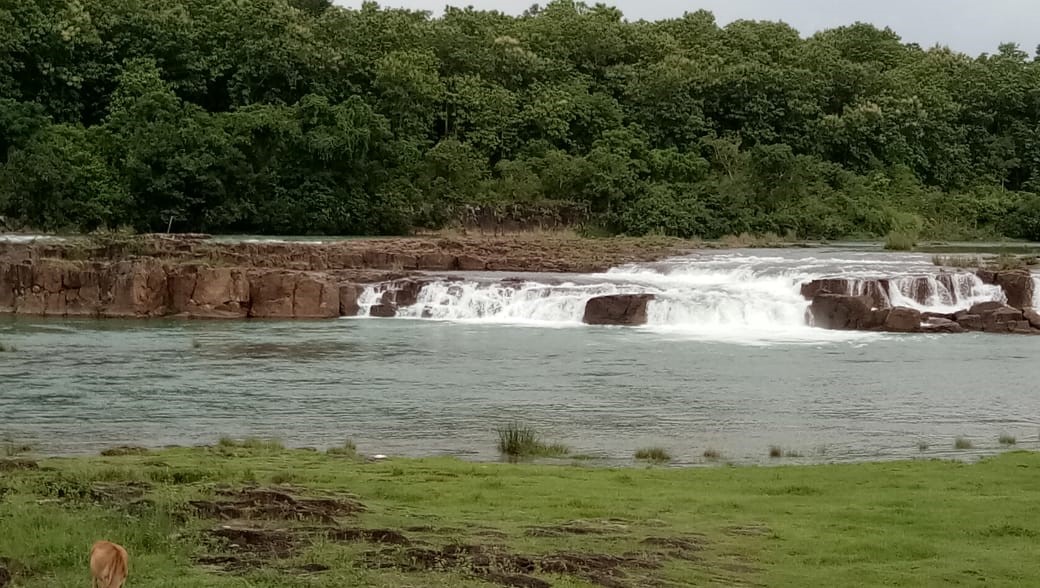
Tourism and Adventure
Karbi Anglong is an emerging destination for eco-tourism and adventure activities. The rugged terrain and dense forests provide an ideal setting for trekking, bird watching, and exploring the natural wonders of the region. Visitors can also experience the traditional Karbi way of life by staying in tribal homestays, where they can participate in daily activities, learn about local customs, and enjoy traditional Karbi cuisine.
Cultural Tourism
For those interested in cultural tourism, Karbi Anglong offers a unique opportunity to immerse oneself in the rich traditions of the Karbi tribe. Festivals, traditional dance performances, and visits to local villages provide insight into the tribe's way of life and their deep connection with the land.
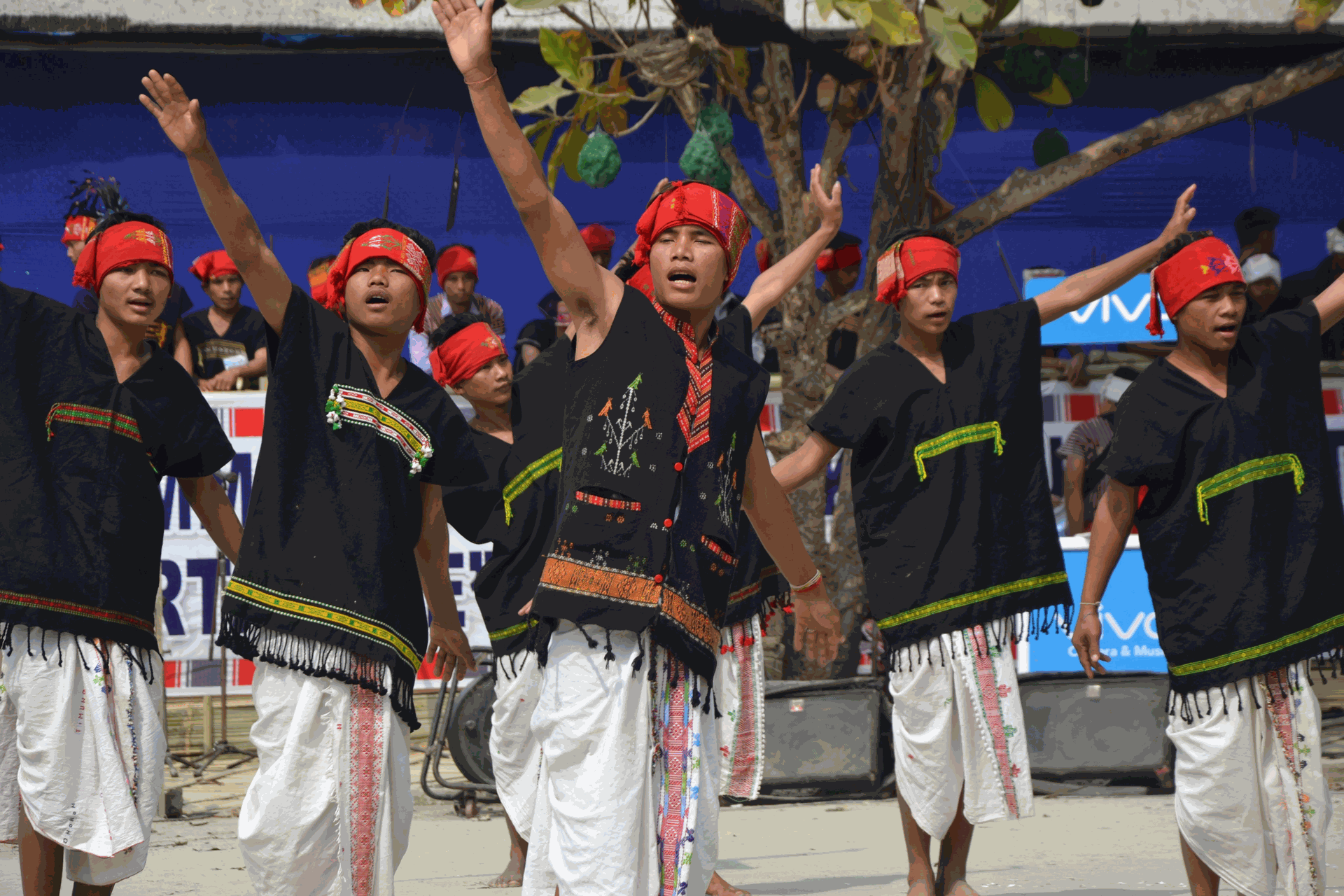
Challenges and the Future of the Karbi Tribe
While the Karbi tribe has managed to preserve much of its cultural heritage, it faces several challenges in the modern era. Issues such as land rights, economic development, and the impact of modernization have put pressure on traditional ways of life. However, efforts are being made by the government and local organizations to address these challenges and promote sustainable development in the region.
The Karbi Anglong Autonomous Council plays a vital role in ensuring the socio-economic development of the region while preserving the cultural identity of the Karbi people. Initiatives aimed at promoting education, healthcare, and infrastructure development are helping to improve the quality of life for the Karbi community.
Conclusion
Karbi Anglong and the Karbi tribe offer a glimpse into a world where tradition and nature are deeply intertwined. The district’s rich cultural heritage, combined with its stunning natural beauty, makes it a must-visit destination for anyone exploring Assam. As the Karbi tribe continues to navigate the challenges of the modern world, their resilience and commitment to preserving their identity ensure that their unique culture will continue to thrive for generations to come.
Whether you are an adventurer, a nature lover, or a cultural enthusiast, Karbi Anglong has something special to offer, making it a truly unique destination in the heart of Assam
 KARBI ANGLONG TERRITORIAL REGION OF ASSAM Discover More
KARBI ANGLONG TERRITORIAL REGION OF ASSAM Discover More
